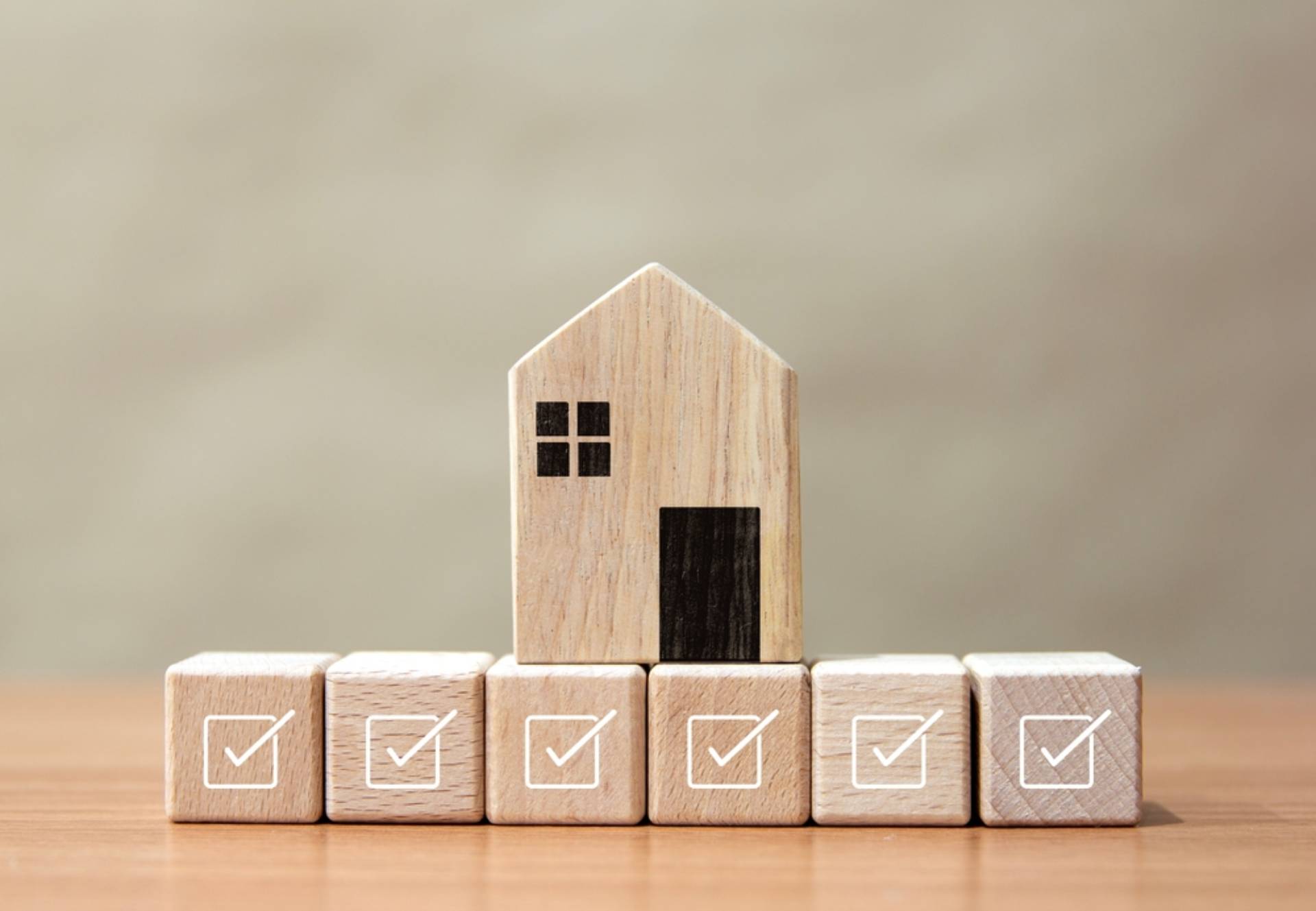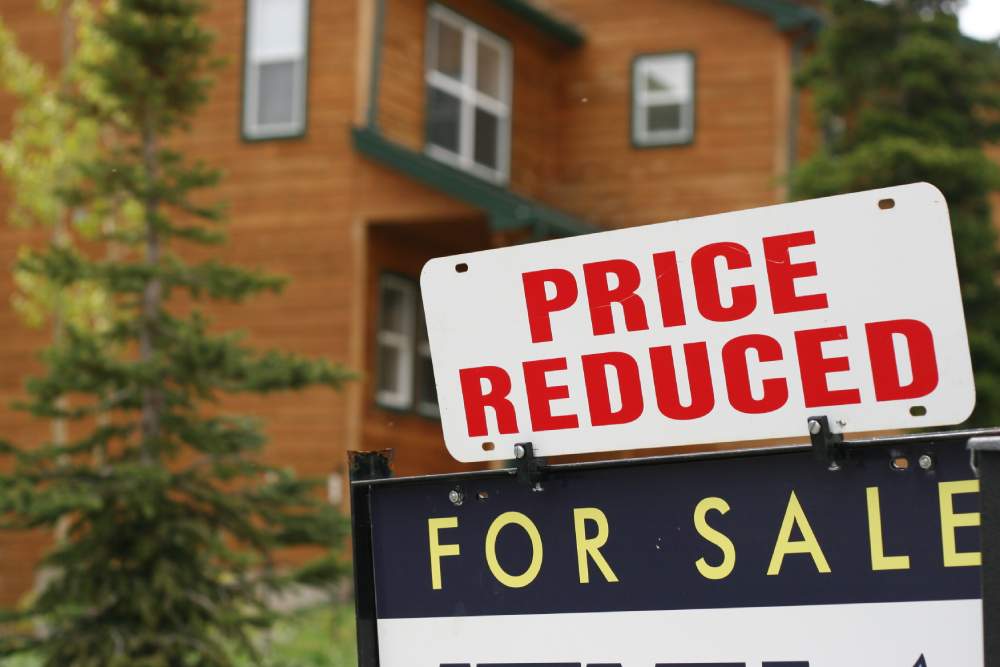Ground rent only applies to leasehold properties. It’s a fee that’s charged on leasehold properties that goes to the freeholder. It may seem confusing that you have to pay rent on a house that you own but, if you don’t own the land the property is on, then you’ll have to pay ground rent.
How Much is Ground Rent?
The price of ground rent varies from property to property. However, the rates are usually quite reasonable and can be as low as £50 per year. Whenever you buy a property, details of the ground rent will be included in the terms of the lease.
Ground rent will normally be either fixed or escalating. Fixed ground rent means you’ll pay the same amount over the course of the lease. Escalating ground rent means that it will increase as the lease goes on.
What Happens if I Don’t Pay Ground Rent?
You should receive a formal request from the freeholder informing you of the details of the ground rent before you start paying it. It needs to be a valid request, so ensure that it includes the following details:
- Your name
- The period the demand covers
- How much you have to pay
- The name and address of freehold property owner
- The date when payment is due
After you receive a formal request, you should start paying ground rent. The freeholder can take legal action if you don’t pay which can result in a court order to recover the money owed. If you continue to not pay your ground rent for three years or more, or you owe more than £350, then the freeholder can apply for a forfeiture action – this is to give them possession of the property.





